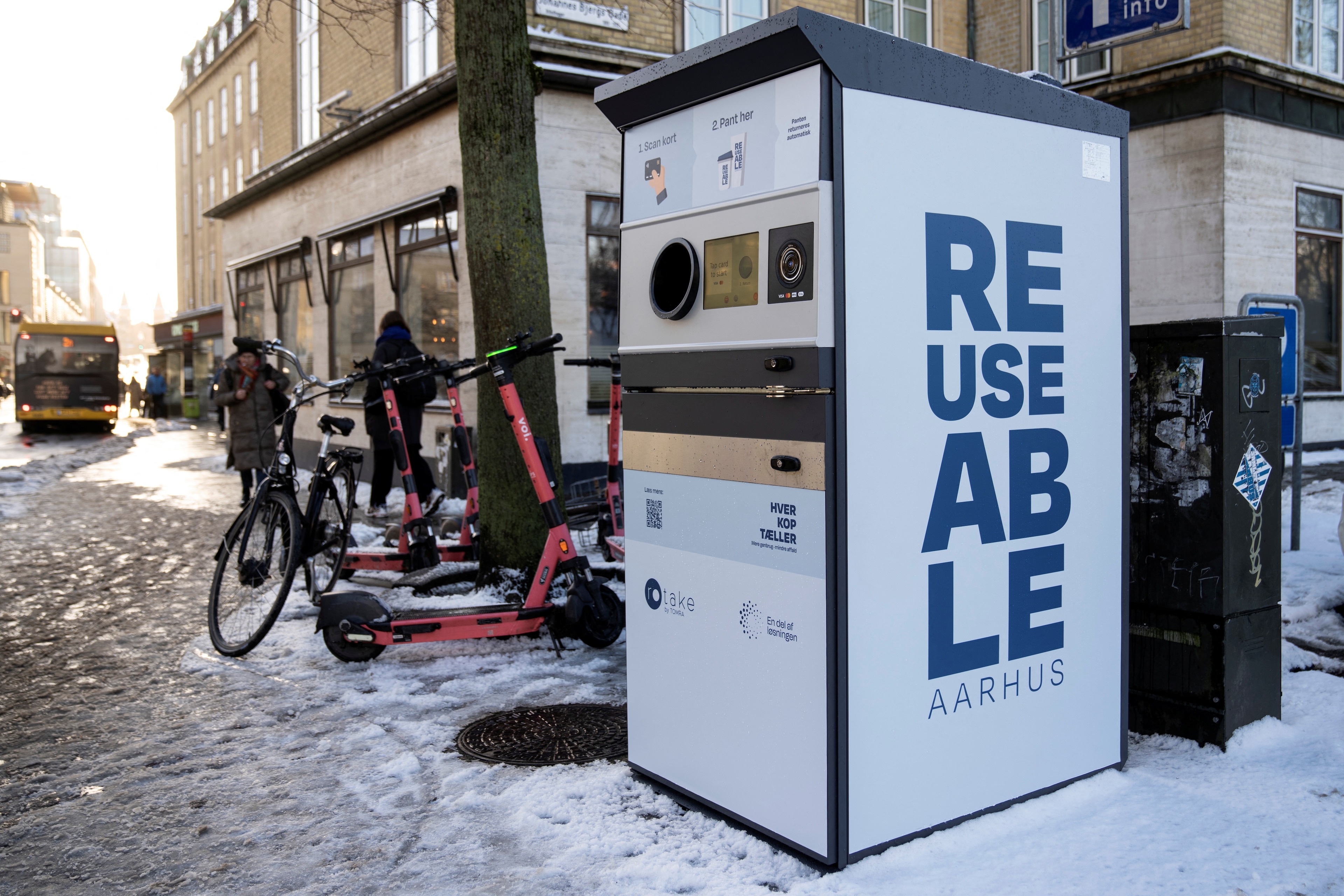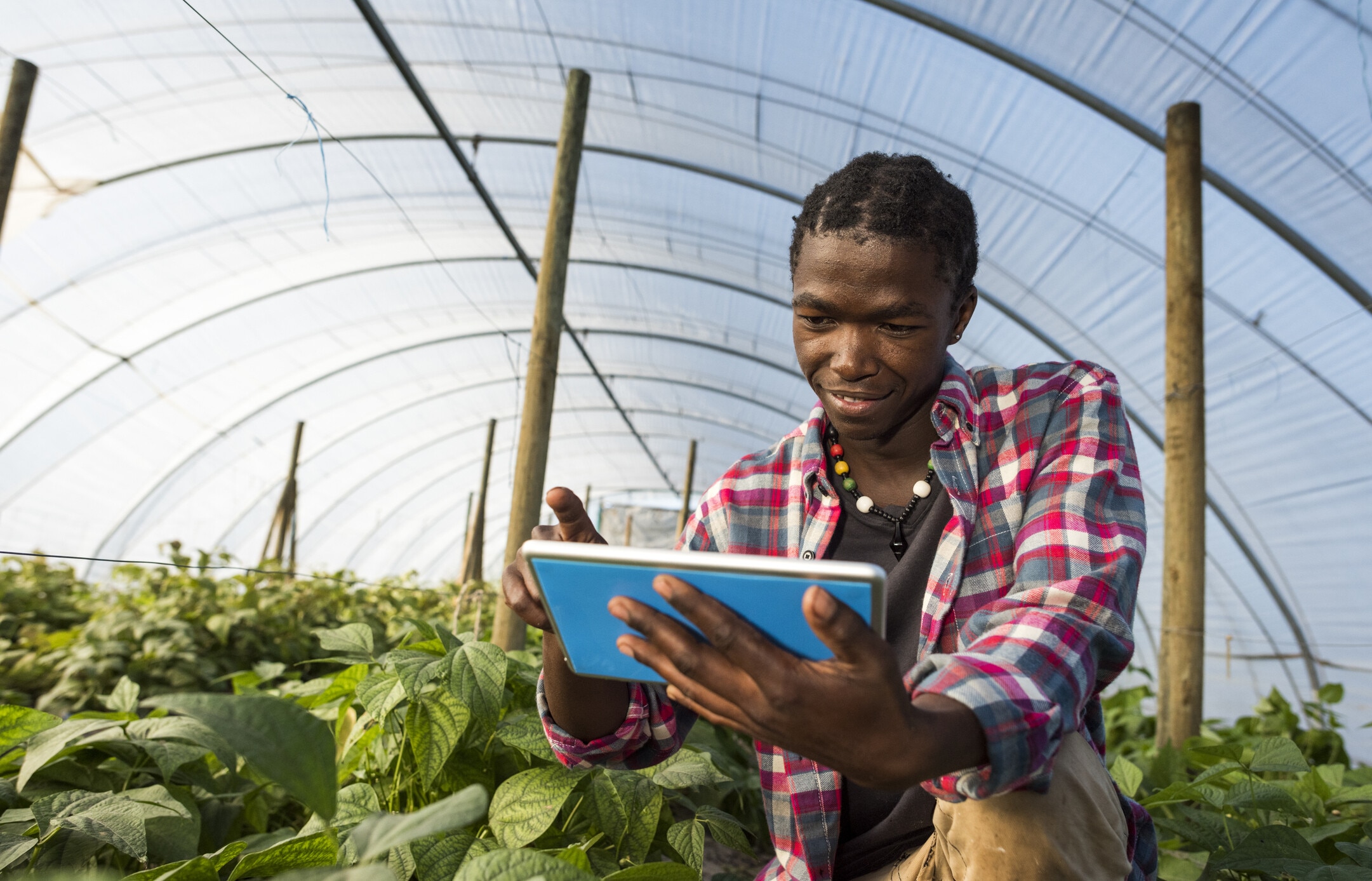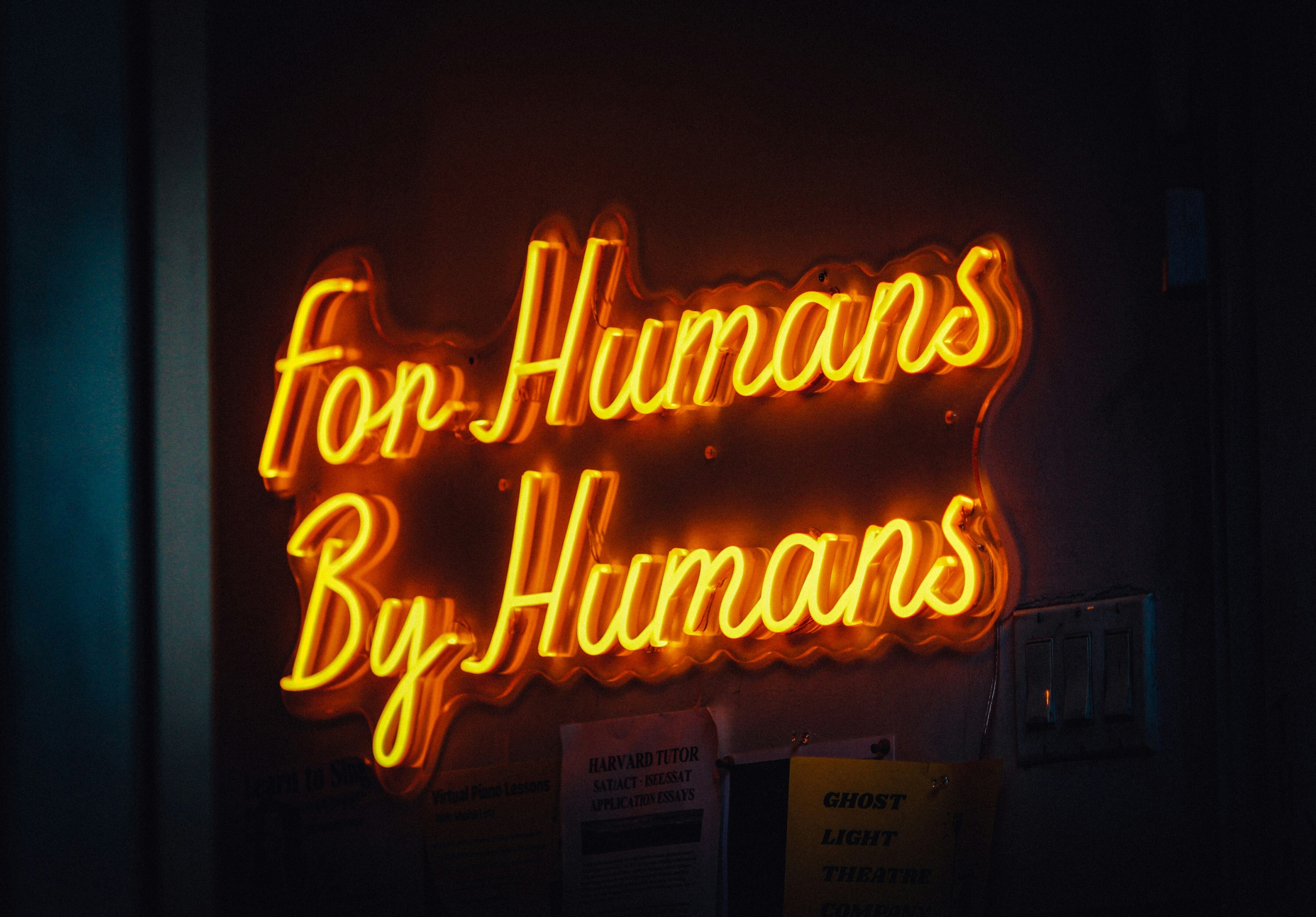Why people come first in Africa’s digital revolution

Image: REUTERS/Mohamed Nureldin Abdallah
Stay up to date:
Africa
We’re standing on the threshold of what the World Economic Forum has called the fourth industrial revolution. The prospect is exhilarating. Technology is fast reshaping our world and has the potential to change our business lives as well as our personal.
Digital is being discussed at the board level and in operational teams in organizations around the world, no matter which industry they are in. Every enterprise is working out their unique approach of adapting in this digital era and many are already using technology in new and creative ways to transform their business.
And it’s not just the traditionally technology-oriented industries, like banking or retail, that are investing. Some of the most radical and inspiring projects are in manufacturing and energy and resources.

People in the driving seat
Digital is more than just a word. It’s the coming together of humans and technology in new ways, resulting in fundamental changes in people, teams and organizations. It’s the “digital possible” – the potential of technology to change not just businesses, but communities, countries and the wider world.
In the digital age, people aren’t just users: they are in the driving seat.
Digital transformation is not just about the emergence of new technology, it’s about empowering people to do amazing things. And this means more than transforming costs or helping employees become more productive. It can also mean improving the customer experience and enabling disruptive growth. In Africa, digital transformation can make life better for employees, customers and consumers alike.
For SASOL, an international integrated energy and chemical company based in South Africa, their “digital possible” was bringing the world together using video conferencing. Digital infrastructure links offices in Houston, Hamburg, London and Calgary along with sites in both urban and rural South Africa. It saves on travel time for employees and saves money for the business.
Take Etihad Airways, one of the world’s leading airlines. In order to improve the experience of their customers, they have ensured that calls are answered more quickly and the right information is made available. If a customer needs to speak to an agent, Etihad makes sure it’s one who speaks their language. The company has transformed its customer experience.
Coca-Cola South Africa, bottling partner Coca-Cola Fortune and BT have partnered to set up wi-fi on Coca-Cola machines and provide free internet access to impoverished communities in South Africa. The programme means underserved communities are getting much improved access to information and education opportunities.
We also partner with SOS Children’s Villages, an international charity that focuses on children at risk. Broadband internet access helps them to run their operations more efficiently and better co-ordinate facilities in the communities, which include schools, medical centres and community programmes.
Looking to the future
For today’s companies, people are a competitive advantage. That’s why it’s important to empower them, and to make sure technology works for them.
The future is uncertain. You can’t predict it. And how do you spot the company that will disrupt your industry tomorrow, today? Digital transformation is complex; there’s no blueprint because it’s unique to each organization. So why is anyone even attempting it, let alone embracing it?
People. That’s why.
The challenge is knowing the right questions to ask when, as well as knowing what matters and what doesn’t. The constraints of technology are lifting, enabling people to achieve more. We all need to have an open mind to find our digital possible.
This article is part of our Africa series. You can read more here.
The World Economic Forum on Africa is taking place in Kigali, Rwanda from 11 to 13 May.
Don't miss any update on this topic
Create a free account and access your personalized content collection with our latest publications and analyses.
License and Republishing
World Economic Forum articles may be republished in accordance with the Creative Commons Attribution-NonCommercial-NoDerivatives 4.0 International Public License, and in accordance with our Terms of Use.
The views expressed in this article are those of the author alone and not the World Economic Forum.
Related topics:
Forum Stories newsletter
Bringing you weekly curated insights and analysis on the global issues that matter.
More on Fourth Industrial RevolutionSee all
David Timis
August 8, 2025
Henrik Hvid Jensen
August 7, 2025
Samuel Alemayehu
August 5, 2025
Adriana Banozic-Tang and Heng Wang
August 5, 2025
Harald Haas and Mallik Tatipamula
August 1, 2025
Neeti Mehta Shukla
August 1, 2025





